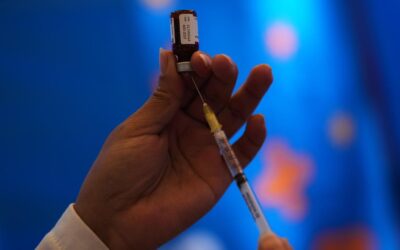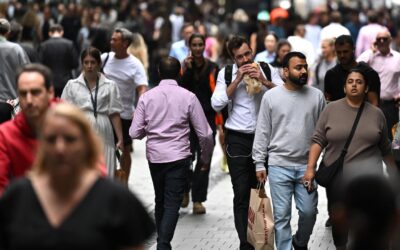Sorry, that’s old news…
You’ve found an older news story. We delete stories from our AAP News Feed after two months. But fear not, here’s today’s news!

Palestinians say an Israeli attempt to bring in a land registration process amounts to "de facto annexation".

Business credit growth implies Australia's economy is resilient, but insolvency numbers continue to remain high, ...

Opposition Leader Angus Taylor is expected to announce a new front bench in the coming days in a bid to move on ...

Ukraine has been accused of delaying the restart of a pipeline carrying Russian oil to eastern Europe.

Sabbaticals could be used as a tool for employers to recruit, keep and foster talented workers.

Some children have required hospital treatment after a major measles outbreak of unvaccinated children in parts of ...

Critical unemployment figures will give Australia's central bank a clearer picture on whether it will deliver a ...

Angus Taylor has promised to prioritise people who share Australians' "core values" as the Liberal party he leads ...
No results found.
Background image courtesy victoriancollections.net.au